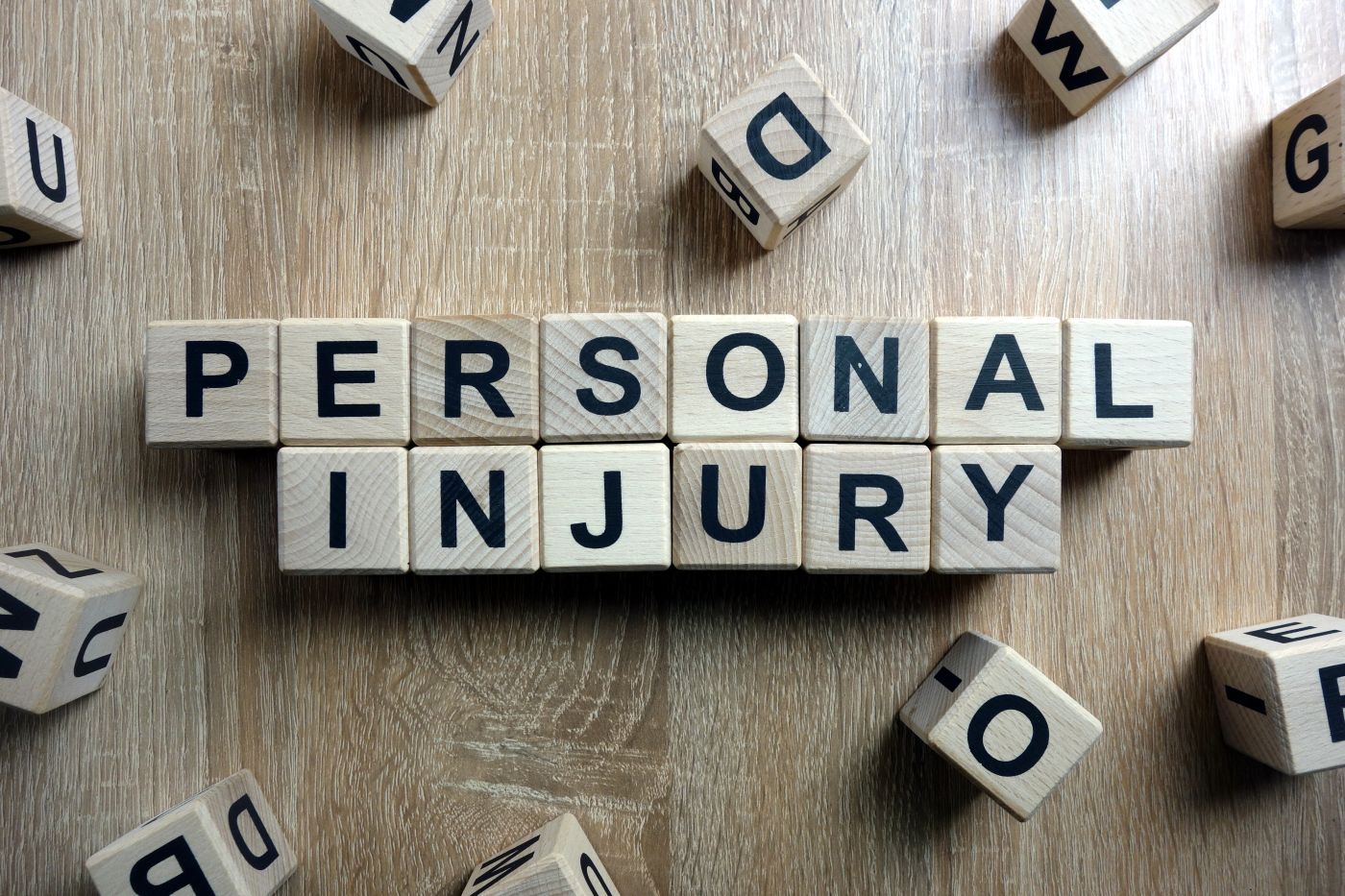Personal Injury FAQs

At Harrell & Paulson, we understand how overwhelming and confusing personal injury cases can be. From car crashes to slips and falls, accidents can disrupt your life in unexpected, irreversible ways. That's why we're here, ready to guide you through any personal injury law questions, concerns, and procedures in Texas.
If you're ready to speak with a personal injury attorney, reach out to our firm in Kaufman, Texas. We offer free initial consultations and extend our services to residents throughout Forney, Terrell, Rockwall, and the surrounding communities.
In the meantime, continue reading to learn the answers to some of the most frequently asked questions we get about personal injury cases.
I know Texas is a fault state, but what does that mean?
In fault insurance states, the person who caused the accident is legally responsible for the damages that result. This means that if you sustain injuries due to someone else's negligence in Texas, you have the right to pursue compensation from them. The funds you recover can encompass various expenses that directly resulted from the accident, including:
medical bills for injuries,
lost wages for time unable to work,
pain and suffering,
property damage,
and more.
Gathering evidence to prove the other party's fault is crucial. This could involve witness statements, photographs, and police reports. As your attorneys, we can guide you through the intricacies of fault laws in Texas and help you understand your rights.
What should I do after an accident?
Your health and safety should always be the first priority after an accident. Even if you don't feel immediate pain or injuries, seeking medical attention is crucial. Some injuries may not become apparent until later, and delaying treatment could harm your chances of receiving fair compensation. Besides getting medical help, collecting evidence at the accident scene and contacting a personal injury attorney as soon as possible can also protect your rights and lay the groundwork for a strong case.
What if I was partially at fault?
Texas law applies the concept of comparative negligence when multiple parties are partially at fault for an accident. You could still be eligible for compensation even if you were partly to blame. However, your compensation might be reduced by your percentage of fault.
For instance, if you were 20% at fault in an accident with total damages of $100,000, your compensation would be reduced to $80,000. Consulting with us can help you understand how comparative negligence might affect your claim.
I don't feel hurt. Should I still see a doctor?
Absolutely. Immediate medical attention is crucial after an accident, even if you don't feel injured. Some injuries, like whiplash or internal damage, may not show symptoms right away. Delaying treatment could not only endanger your health but also weaken your personal injury claim. Insurance companies often use the lack of immediate medical care to deny or minimize compensation. A prompt medical examination ensures that any injuries are diagnosed and treated and provides essential documentation for your claim.
What types of accidents fall under personal injury law?
Personal injury law covers a wide range of accidents, including but not limited to:
medical malpractice,
and more.
If you've been injured in any type of accident caused by someone else's negligence or wrongdoing, you may have a personal injury case. This area of law seeks to protect individuals who have suffered harm or injury due to the negligence or wrongdoing of others. With its extensive scope, personal injury law provides a means for victims to seek compensation and justice for the physical, emotional, and financial damages they have endured.
How long do I have to file a personal injury claim?
In general, Texas law gives you two years from the date of the accident to file a personal injury lawsuit. This time limit, known as the statute of limitations, starts ticking the day the accident occurs. If you don't file your claim within this timeframe, you'll likely lose your right to seek compensation for your injuries.
However, there are exceptions to this rule. Here are some situations where the statute of limitations might be extended:
Minor Children: If the injured person is a minor (under 18), the clock doesn't start running until they turn 18. This provision recognizes the importance of allowing minors sufficient time to make informed decisions regarding their legal rights and ensures that their interests are protected.
Mental Incapacity: If the individual who is injured experiences mental incapacitation as a result of the accident, rendering them unable to comprehend their legal rights or take appropriate actions, the countdown on the clock may be halted until they regain capacity.
Defendant Leaves the State: If the at-fault party leaves Texas after the accident but before a lawsuit can be filed, the time of their absence might not count toward the two-year limit.
Wrongful Death: If a personal injury leads to death, the family has two years from the date of death, not the date of injury, to file a wrongful death claim.
The statute of limitations is a crucial aspect to understand as it can directly impact your ability to seek justice and compensation. Our attorneys can help you determine the best course of action for your specific case and meet all necessary deadlines.
What if I'm injured and the other party has no insurance?
Even if the at-fault party lacks insurance, you still have options for compensation. For example, if you've been involved in an auto accident, Texas requires uninsured motorist coverage, which means your insurance policy may cover injuries caused by uninsured or underinsured drivers. This coverage provides financial protection in case the responsible party is unable to cover the damages, ensuring that you are not left with the burden of medical expenses and repairs on your own.
Do I really need a personal injury attorney?
Yes. While you can try to handle your personal injury case on your own, hiring an experienced lawyer can significantly improve your chances of receiving fair compensation. Personal injury cases involve complex legal procedures, insurance negotiations, and the burden of gathering evidence—all things that would take away from your recovery time. Our law firm is here to take on those tasks and advocate for your rights so that you can focus on what matters most: your health and recovery.
Speak With an Experienced Attorney for More Help
We hope this guide has answered some of your questions about personal injury cases in Texas. Remember, every case is unique, and the best way to understand your legal position is to consult with experienced personal injury lawyers like us at Harrell & Paulson.
Contact our law firm in Kaufman, Texas, today to set up a free consultation. We'll be happy to answer any questions you may have and educate you about your legal options.



